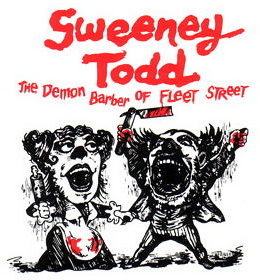AOK??
Illustration by Mikkelbg
In England, this sign is used only occasionally - if someone is asked a question when their mouth is too full to answer, perhaps. It means that everything's great.
It means the same in America, and it's the official diver's sign for AOK. In New Zealand it also means OK, but it's so cheesy that no one can bear to use it.
In Australia, and in several Middle and Southern European countries, the gesture isn't so kind: it means that someone is a nobody, a zero.
In Kuwait the gesture is a sign of the evil eye, and in Brazil or France it's even worse, telling the other person he or she is another round part of the anatomy.
In Germany the sign means job well done - unless, that is, you're in the wrong part of Germany, where making the sign is likely to make people get a bit hot under the collar. In Greece and Turkey it's likely to make people so cross that it's positively dangerous.
You're fine in Japan, though. Here the sign just means money - unless the circle is put over the nose, when it means drunk.
I've often thought that it we were to develop a World Language then a sign language might be the easiest way to do it.
But you know something? All of a sudden I'm really not so sure.
Thing Not To Use Today. Any sign language at all. Even pointing can be dodgy!

















